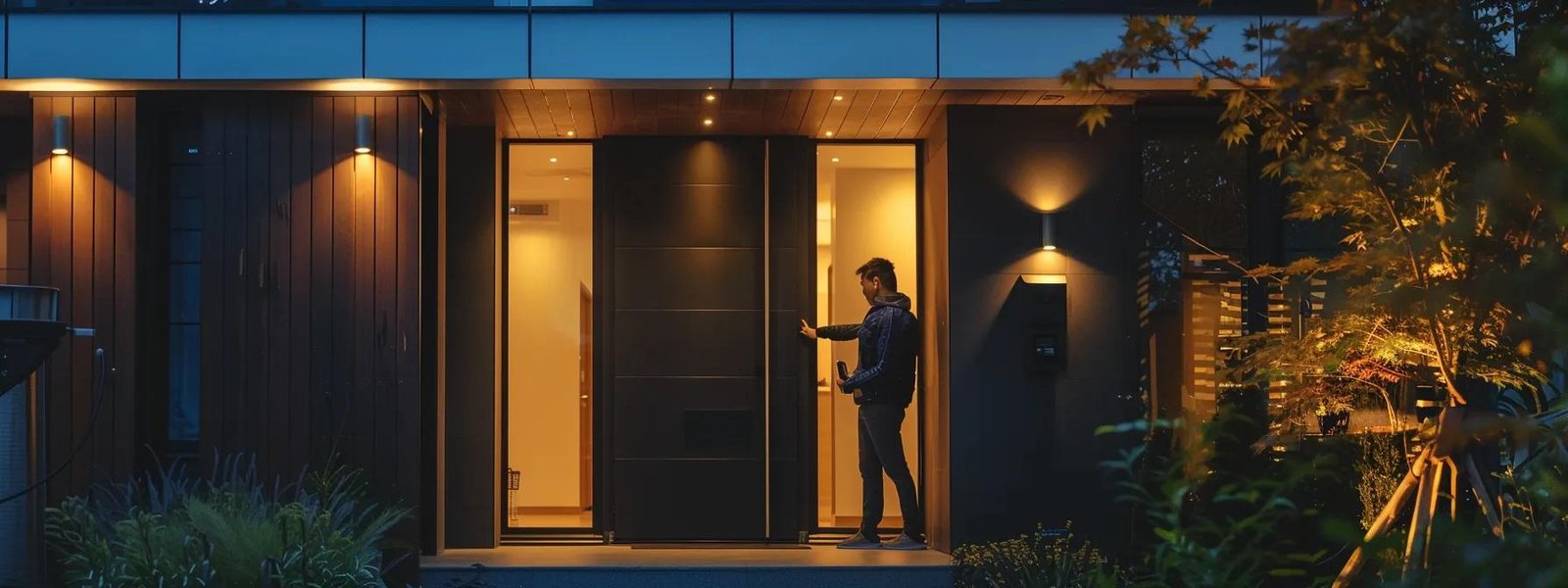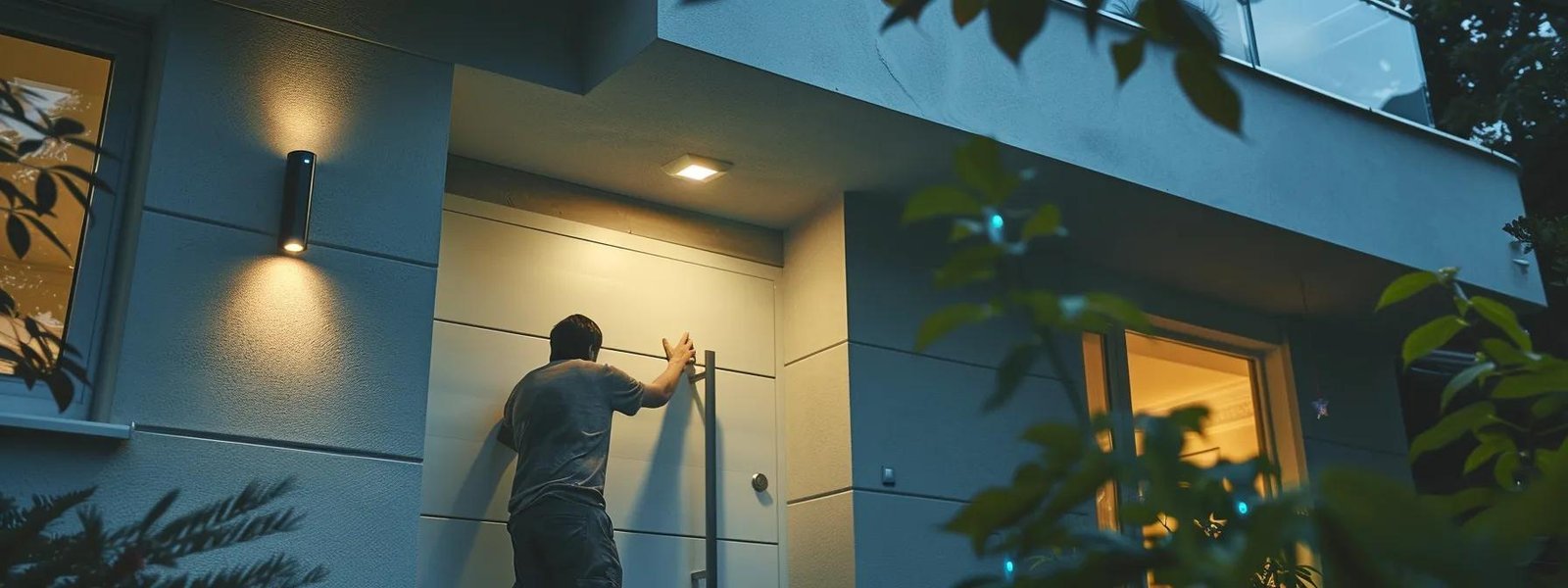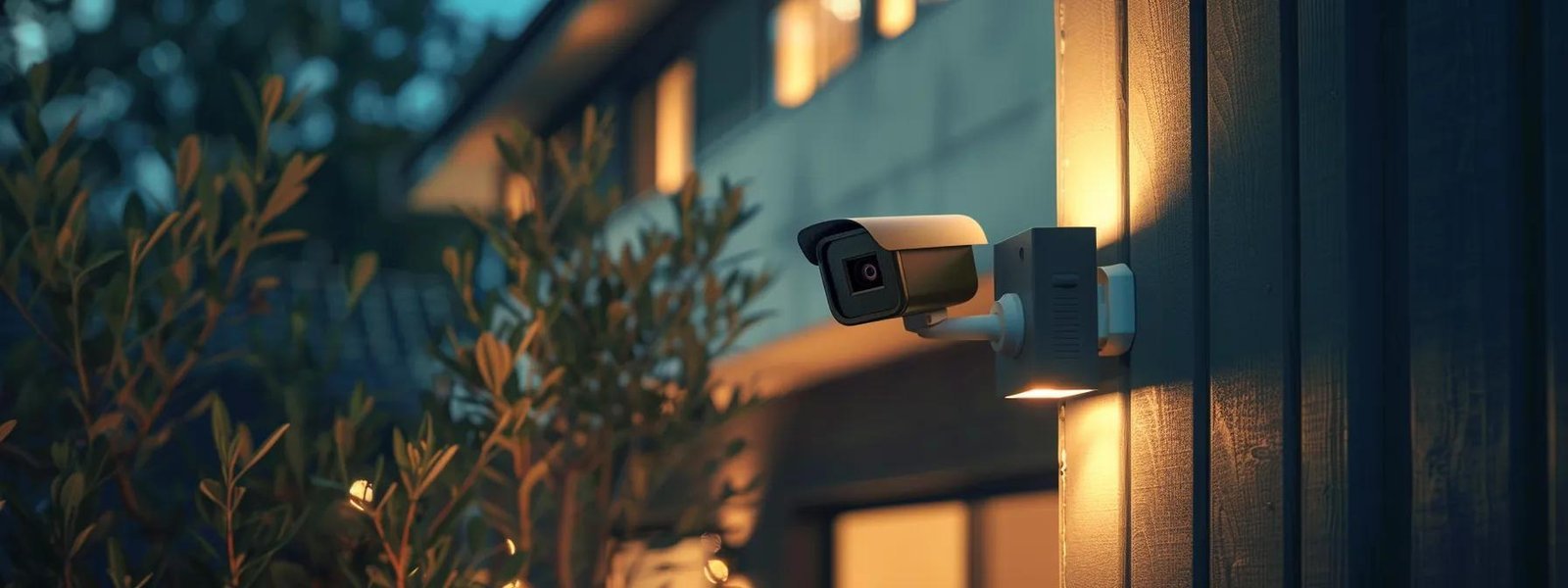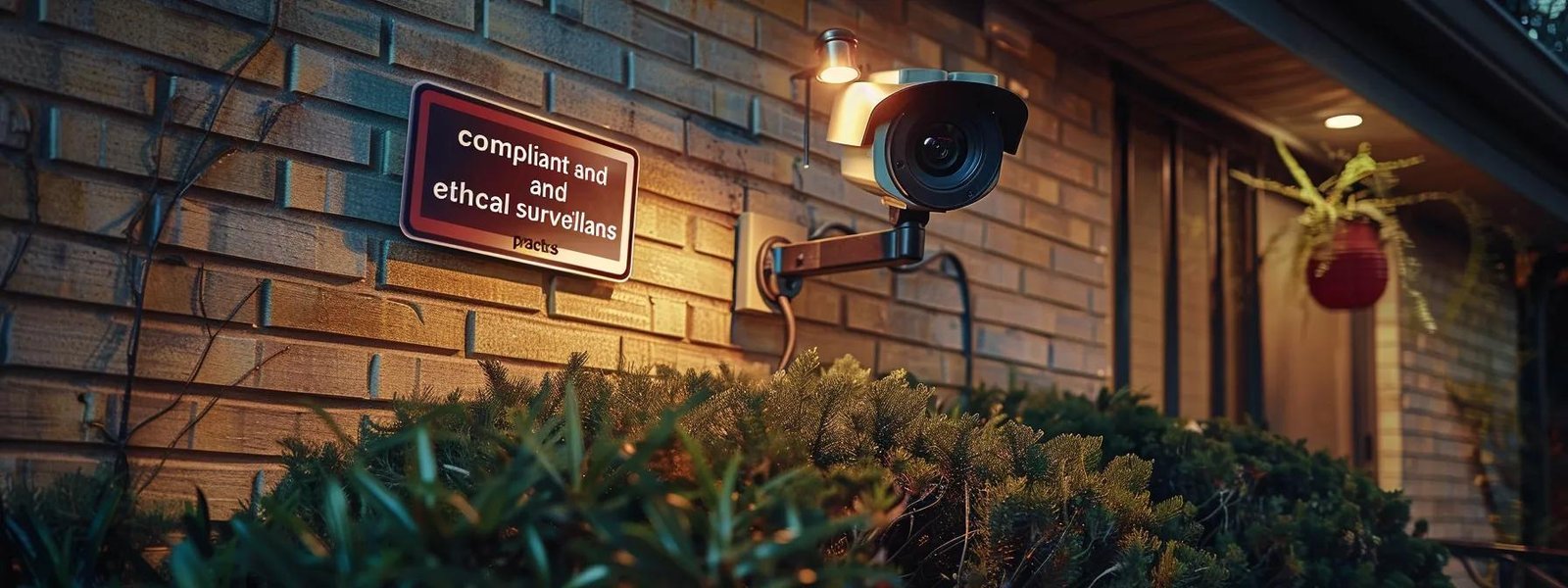
Are you aware of your rights and obligations when it comes to installing a residential security camera? Understanding home security camera privacy laws is essential for every homeowner. This article will cover federal laws affecting home security cameras, state-specific privacy regulations, and best practices for compliant and ethical surveillance. By engaging with this content, readers will learn how to protect their right to privacy while ensuring they follow the law, particularly in Maryland. This knowledge can help prevent legal issues and foster good relationships with neighbors and visitors.

Understanding home security camera privacy laws is essential for homeowners in New Hampshire. Knowing legal rights and obligations, as well as electrical diagnostics, helps prevent potential legal liability. Common privacy concerns with home security systems include unauthorized surveillance and accessibility issues. The following sections will provide practical insights into these topics, ensuring homeowners are informed and compliant with relevant laws.
Understanding legal rights and obligations regarding security camera placement is crucial for homeowners. Familiarity with relevant statutes helps prevent issues such as voyeurism and unauthorized surveillance. For instance, knowing where to position a doorbell camera can ensure compliance with local regulations, protecting homeowners from potential legal disputes.
Homeowners must be aware of common privacy concerns associated with outdoor surveillance cameras. Issues such as unauthorized access to recorded footage can lead to potential fraud and violations of the Electronic Communications Privacy Act. Knowledge of these concerns helps homeowners implement effective access control measures, ensuring their surveillance systems are both secure and compliant with privacy laws.

The Wiretap Act regulates the interception of communications, impacting how homeowners use wireless security systems. Understanding its implications is vital for compliance. Additionally, the Video Voyeurism Prevention Act addresses privacy concerns related to security camera systems, prohibiting unauthorized recording in private spaces. These laws provide essential insights for homeowners to ensure their security systems operate within legal boundaries.
The Wiretap Act plays a significant role in regulating the interception of communications, which is crucial for homeowners utilizing DIY home security systems. Under this law, consent is a key factor; homeowners must ensure that they have the necessary permissions to record conversations or activities in areas where individuals have a reasonable expectation of privacy. Failure to comply can lead to serious complaints and legal repercussions, emphasizing the importance of understanding these regulations to maintain safety and protect one’s rights.
The Video Voyeurism Prevention Act is a critical federal law that protects individuals’ right to privacy in relation to video surveillance. This act prohibits the unauthorized recording of individuals in private spaces, which is particularly relevant for homeowners using outdoor cameras as part of their CCTV system. Understanding this law helps homeowners avoid legal issues related to privacy violations, especially in cases where video surveillance could inadvertently capture individuals in situations where they expect privacy, such as in their backyards or near windows, thus preventing potential legal disputes and ensuring compliance with privacy standards.

State-specific privacy regulations play a crucial role in how homeowners manage their security systems. This section will explore the differences between one-party and two-party consent states, highlighting the legal requirements for audio versus video recording. Additionally, it will address data retention practices and access control measures for surveillance cameras, ensuring homeowners understand their rights and obligations.
Understanding the differences between one-party and two-party consent states is essential for homeowners managing security camera systems. In one-party consent states, only one individual needs to agree to the recording, which can simplify the use of audio and video surveillance. Conversely, two-party consent states require that all parties involved in a conversation or activity provide permission, as outlined in the Omnibus Crime Control and Safe Streets Act of 1968, increasing the risk of legal complications if homeowners do not secure the necessary licenses or permissions before recording. This knowledge helps homeowners navigate their rights and obligations effectively, ensuring their surveillance practices remain accessible and compliant with local legislation.
State laws regarding audio versus video recording can significantly impact how homeowners utilize outdoor security cameras as part of their home security system. In many states, video surveillance cameras can be used without consent as long as they are placed in public areas, but audio recording often requires consent from all parties involved. Homeowners should familiarize themselves with their state’s specific regulations to ensure their home security practices comply with legal standards, thereby avoiding potential legal issues related to unauthorized recordings.

Homeowners must understand the legal guidelines for installing home security cameras to ensure compliance with privacy laws. This includes knowing the appropriate placement of cameras on their property, the rules for recording in public and private spaces, and any notification and signage requirements. These insights help homeowners navigate the complexities of surveillance while respecting the expectation of privacy for themselves and others.
When installing home security cameras, homeowners must consider the appropriate placement to comply with privacy laws and protect their rights. Cameras should be positioned to monitor areas such as entry points and driveways while avoiding private spaces like neighbors’ yards or windows, which could lead to privacy violations. Additionally, providing a disclaimer about the presence of cameras can inform visitors and deter potential intruders, while ensuring that any footage captured can be used by law enforcement only when there is probable cause for investigation.
Understanding the rules for recording in public and private spaces is essential for homeowners to protect their rights and comply with local laws. In general, recording in public areas is permissible, as individuals do not have a reasonable expectation of privacy; however, jurisdictions may have specific regulations that homeowners must follow. For instance, using an intercom system to communicate with visitors while ensuring that any recorded conversations do not infringe on privacy rights can help prevent potential legal issues related to unauthorized surveillance or crime.
Homeowners must be aware of notification and signage requirements when they install security cameras to comply with security camera privacy laws. Displaying clear signs indicating the presence of surveillance cameras can deter theft and inform visitors that they are being recorded, which helps protect the homeowner’s rights. Consulting with a lawyer can provide valuable insights into specific local regulations, ensuring that homeowners meet all legal obligations while maintaining their security measures effectively.

Homeowners must prioritize respecting neighbors’ and visitors’ privacy when utilizing security cameras. Avoiding invasion of privacy claims is essential to maintain a good reputation within the community. Addressing concerns and resolving disputes effectively can enhance the use of video surveillance systems and home automation, ensuring that security measures do not infringe on the rights of others.
To avoid invasion of privacy claims, homeowners in Illinois must carefully consider the placement and operation of their security cameras. It is essential to ensure that these cameras do not capture footage of private areas belonging to neighbors or visitors, as this could lead to legal disputes over personal data rights. Establishing a clear policy regarding the use of security cameras, including signage to inform others of surveillance, can help mitigate privacy concerns and foster a respectful community environment.
Addressing concerns and resolving disputes related to home security cameras is vital for maintaining good relationships with neighbors and visitors. Homeowners should proactively communicate with those affected by their surveillance systems, ensuring transparency about camera placement and usage. This open dialogue can help alleviate privacy concerns and foster a sense of community, ultimately leading to a more harmonious living environment:

Homeowners can ensure compliant and ethical surveillance by following key practices for the legal use of home security cameras. This includes staying informed about changes in privacy laws and understanding the implications of their surveillance systems. The following sections will provide practical tips for legal camera usage and highlight the importance of keeping up with evolving privacy regulations.
Homeowners should prioritize transparency when using security cameras by informing neighbors about their presence and purpose. This practice not only fosters trust but also helps mitigate potential privacy concerns. Additionally, homeowners must ensure that their cameras are positioned to avoid capturing footage of private areas, such as neighboring properties, to comply with privacy laws and respect the rights of others.
Homeowners must stay informed about changes in privacy laws that affect the use of security cameras. Regularly reviewing local and federal regulations ensures compliance and helps avoid potential legal issues. Engaging with legal resources or local authorities can provide valuable updates, allowing homeowners to adjust their surveillance practices accordingly and maintain ethical standards in their security measures.
Understanding your rights and obligations under home security camera privacy laws is crucial for every homeowner. By knowing where and how to place cameras, individuals can avoid legal disputes and respect the privacy of neighbors and visitors. Staying informed about federal and state regulations ensures compliance and protects against unauthorized surveillance claims. Ultimately, this knowledge empowers homeowners to create a secure environment while fostering trust within their communities.


